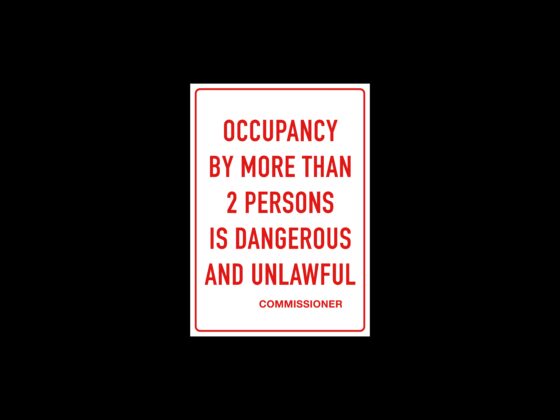
Imagine this: your hotel has switched to renewable energy, eliminated single-use plastics, and buys local. You proudly display your sustainability credentials online. Yet when guests leave reviews, your “eco-friendliness” rating is mediocre.
Here’s the catch: those scores may have nothing to do with your sustainability efforts.
New research comparing Expedia’s customer-submitted eco-friendliness ratings with Booking.com’s sustainability data (self-reported practices and third-party certifications) reveals a stark reality: guests are not rating environmental performance. They’re rating how much they liked their stay.
When “eco” doesn’t mean eco
We analysed 6,696 hotels across the world’s top 100 city destinations. The findings were clear:
- Guest satisfaction almost entirely explains eco-friendliness ratings.
- Sustainability practices and certifications add almost no explanatory power.
- Badges alone are not moving the needle.
This is a textbook halo effect: when people like the overall service, they assume everything else—including environmental practices—is good too. For hotels, that means spending on certification won’t automatically translate into better “eco” ratings. For platforms and regulators, it signals a disconnect between what’s measured and what’s meaningful.
Why this matters
Eco-labels and badges are proliferating. So are regulatory demands for evidence. The EU’s Empowering Consumers for the Green Transition Directive already requires that environmental claims be verifiable. Platforms are under pressure to align with these rules, and hotels will feel the knock-on effects.
If consumer-facing ratings don’t reflect actual sustainability, we risk a dangerous gap:
- Hotels doing the work but not being recognised.
- Guests thinking they’re making green choices when they’re not.
- Platforms reporting on signals that don’t measure performance.
This weakens both accountability and trust.
What hoteliers can do
- Make sustainability visible. Certification alone won’t boost eco-ratings if guests don’t notice the actions. Integrate sustainability into the guest experience: make it tangible, obvious, and relevant.
- Tell the story at the right time. Use key touchpoints—check-in, in-room information, checkout—to highlight what you do and why it matters. Guests rate what they remember.
- Don’t abandon certification—amplify it. Certification is still valuable for compliance and corporate buyers. But it needs to be paired with visible, meaningful communication if it’s going to influence perception.
What platforms can do
- Go beyond badges. Combine certification with guest-relevant sustainability messaging.
- Keep measuring eco-friendliness ratings. Even if they don’t reflect certified practices today, they can track salience over time.
- Collaborate for consistency. Align questions, messaging, and evidence standards across platforms so guests receive clearer, more reliable sustainability signals.
A shared responsibility
The perception gap isn’t just a hotel problem. It’s a systemic one. Guests want easy, trustworthy signals. Regulators want robust claims. Hotels want to be rewarded for genuine action. Platforms sit at the intersection.
Closing this gap means aligning measurement with meaning—making sustainability something guests can actually see, not just something they’re told. A great stay might get you a good eco rating. But only visible, guest-relevant sustainability will make that rating real.
Link to report and study: Perceptions versus performance in hotel sustainability: Evidence from Expedia and Booking.com
Xavier Font
Professor of Sustainability Marketing, University of Surrey
University of Surrey







